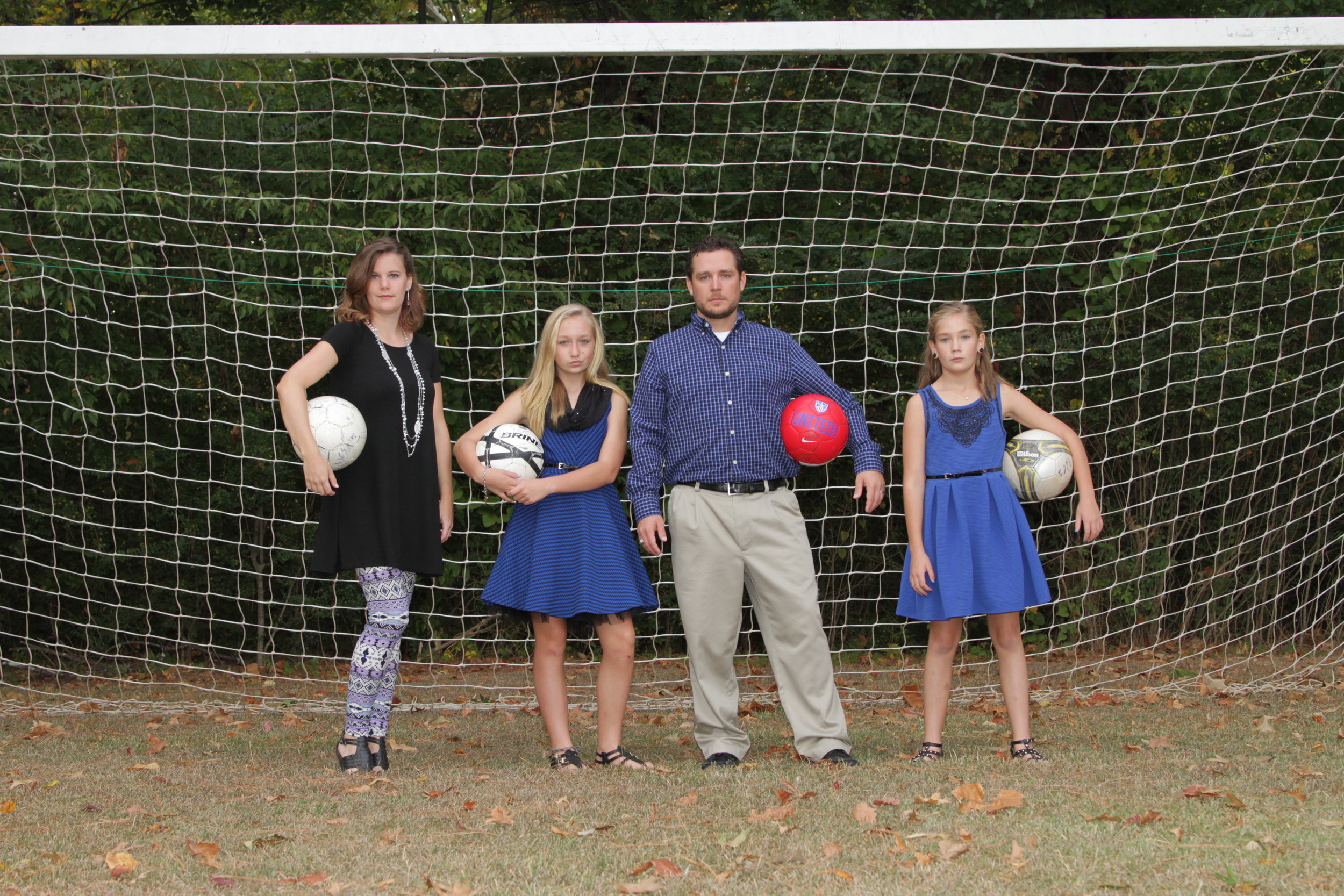RLL 61: Two Difficulties of Being a Step-Parent
[Full disclosure: I am not a step-parent. However, I’m married to one, and all of the information here comes from my discussion with her and with other step-parents (including my girls’ step-dad) over the past few years. I’m grateful for the work, the effort, and the energy my wife, my ex-wife, and my girls’ step-dad put into helping raise our girls. None of us could do it alone; thankfully, we don’t have to.]
Maryellyn and Carly celebrating Carly’s birthday on the water
Step-parenting is difficult, one of the most difficult tasks in the world. Why? Well, lots of reasons, many of which people who aren’t involved in it wouldn’t have ever thought about. I know that it was eye-opening for me to have conversations with step-parents because there are various issues or difficulties about step-parenting that simply wouldn’t have occurred to me as the biological parent in the situation. Today, I want to mention just two quick thoughts on what it’s like for step-parents and also on how other people can help encourage them.
1. Step-parents are often given all of the same responsibilities of a biological parent, without the same title, without the guarantee of the positives of parenting (respect, love, even kindness), and without the same level of authority. This is an aspect I had never considered, but when it was pointed out to me, it blew me away. God bless every step-parent in the world for taking on such a difficult and monumental task. As a biological parent, one thing I can do is to set an example to my kids in respecting, loving, and showing kindness to their step-parents simply by doing those things…and not just to my spouse. How can I help make sure that our daughters show their step-dad respect? By being respectful to him myself and by encouraging them to do the same. This also helps me to have a better relationship with him, allowing us to cooperate instead of compete. I learned this lesson from my wife, who along with my ex-wife, has done a great job of working together to help raise our girls.
Another way to help encourage step-parents here is to verbally acknowledge all of the many difficult tasks that step-parents take on. Tell them thank you, and mean it. Show true appreciation for the work they do, the hours they spend helping raise the kids, and the efforts they make to have good relationships with the children.
Maryellyn and the girls sharing the couch and a blanket on Christmas morning
2. From society, there is often a lack of sympathy and understanding for the stepparents. From those who haven’t experienced it, there is even a lack of recognition of the difficulties of step-parenting. Think of the way step-parents have been portrayed in literature and movies. Very rarely is it positive, and for most of us our first experience with any step-parent was the evil stepmother in Cinderella. On the upside, that is beginning to change somewhat, as step-parenting becomes more common. But here’s where the big gap still exists: almost universally, when you announce to the world that you are or are becoming a parent, people are happy and excited and encouraging.
When you tell people that you’re a stepparent, there’s a noticeably different response, though people often try to hide it. Sometimes it’s judgment, sometimes it’s disapproval, sometimes it’s other things, but very rarely are step-parents responded to in the same way. As a biological parent, what I can do then is to consistently remind both my spouse and other step-parents of how important their task is, how much they are appreciated, and how I support them in helping raise their children.
Ok, there’s two quick thoughts on the difficulties of being a step-parent. Again, God bless you all for your love and for the way you help raise your children!
I’d love to hear your thoughts and responses, as well as other suggestions on how to help encourage step-parents. Thanks!
Action Step: This week, be sure to encourage and thank a step-parent for their effort and energy on behalf of a family you know.







